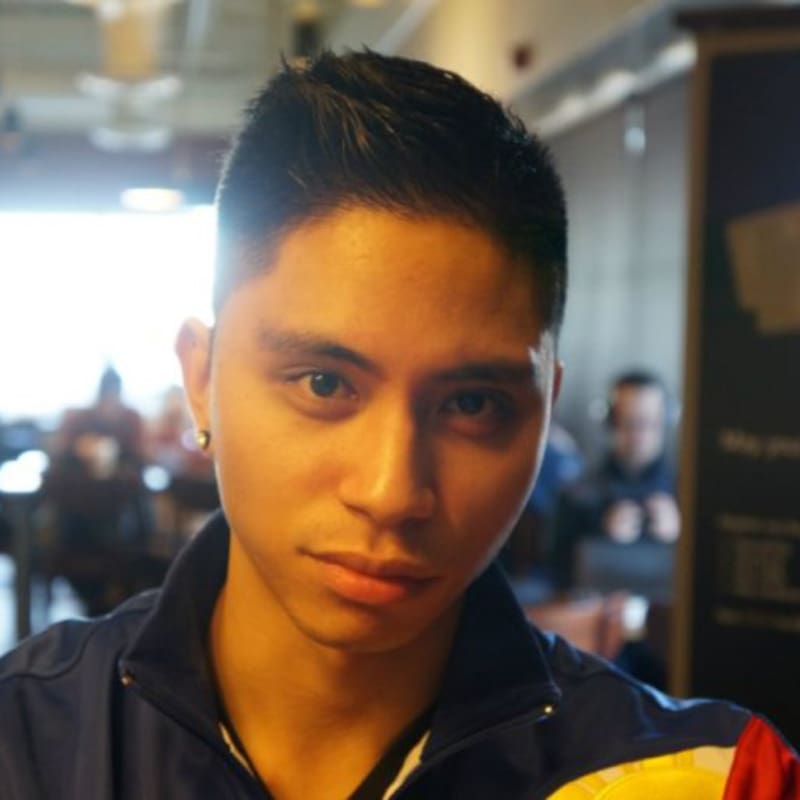
James Beni Wilson
James Beni Wilson is an independent documentary filmmaker from Metro Detroit. His film, “BINITAY: Journey of a Filipino Adoptee,” tells the story of his journey as a Filipino adoptee in search of his birth story and birth family. His film has been shown at Harvard, Schoolcraft Community College, the Minnesota Transracial Film Festival, Philippine American Community Center of Michigan, and the Filipino Heritage Camp at Heritage Camps for Adoptive Families. His sequel documentary, Once Upon An Ochia, highlights the post-reunion relationship, sociocultural challenges, and collective narratives of his biological family.
James was born in the village Mábuli in Tabógon, on the island of Cebu, in the Philippines. He was transracially adopted at the age of three years old. He received his Bachelor of Science in Sociology at Arizona State University and is a Learning Assistant Coordinator at the Michigan Association of Certified Public Accountants (MICPA). James is a Board Member and Youth Chair Liaison of the Filipino American Community Council of Michigan (FILAMCCO). He also serves as a Board Member of the Philippine American Community Center of Michigan (PACCM), Secretary of the Michigan Chapter of the Filipino American National Historical Society (FANHSMI). He was a past assistant director of Paaralang Pilipino (Filipino School) at the PACCM where he is also the lead facilitator and teacher for the Filipino Youth Initiative (FYI). He is also active in the larger Asian Pacific Islander American (APIA) community. James serves as a Board Member for American Citizens for Justice (ACJ), which formed after the murder of Vincent Chin back in 1982. In 2013, James was awarded the “Rising Star” award by APIA-Vote Michigan for his dedication and leadership in the APIA community.
James utilizes his blog space, “Pathos of Asian Adoptees,” as a space for dialogue between Asian adoptees, adoptive parents, and larger communities. “Pathos of Asian Adoptees” serves as a hub for shared information about Asian adoption studies, culture, socio-historical and sociocultural context sociocultural context.
